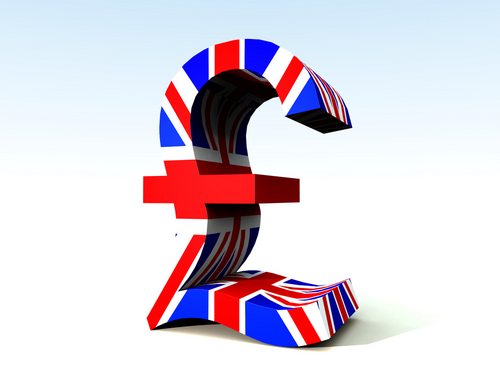What is Chapter 13 Bankruptcy?
Sommaire
Chapter 13 bankruptcy is a type of bankruptcy that allows individuals to reorganize their debts and pay them back over time. It is designed for people who have regular income and who can afford to make monthly payments on their debts.
Chapter 13 bankruptcy is not a get-out-of-debt-free card. It is a serious financial tool that should only be used if you are truly struggling to pay your debts. If you qualify for Chapter 13 bankruptcy, it can help you:
- Keep your home
- Keep your car
- Save your business
- Get a fresh start
How Does Chapter 13 Bankruptcy Work?
Chapter 13 bankruptcy is a court-supervised repayment plan. Once you file for Chapter 13 bankruptcy, you will create a repayment plan that will last for 3 to 5 years. Your monthly payments will be based on your income and expenses.
Your repayment plan will include all of your unsecured debts, such as credit card debt, medical debt, and personal loans. It will also include your secured debts, such as your car loan and your mortgage.
For your secured debts, you will typically make monthly payments that are equal to the amount of your current monthly payments. However, you may be able to lower your monthly payments by reaffirming your debt. When you reaffirm a debt, you agree to continue making payments on the debt after your bankruptcy case is discharged.
For your unsecured debts, you will typically make monthly payments that are less than the amount of your current monthly payments. This is because your unsecured debts will be discharged at the end of your bankruptcy case.
What Are the Benefits of Chapter 13 Bankruptcy?
Chapter 13 bankruptcy can have many benefits, including:
- You can keep your property. In Chapter 13 bankruptcy, you are allowed to keep your property as long as you can make the monthly payments on your secured debts. This means that you can keep your home, your car, and any other property that you own.
- You can get a fresh start. Chapter 13 bankruptcy will discharge all of your unsecured debts, which means that you will be free from these debts after your bankruptcy case is discharged. This can give you a fresh start and allow you to build your credit score.
- You can save your business. If you own a business, Chapter 13 bankruptcy can help you save your business by allowing you to restructure your debts and make monthly payments that you can afford.
What Are the Risks of Chapter 13 Bankruptcy?
There are some risks associated with Chapter 13 bankruptcy, including:
- You will have to make monthly payments for 3 to 5 years. This can be a financial hardship, especially if you are struggling to make ends meet.
- Your credit score will be negatively impacted. Chapter 13 bankruptcy will stay on your credit report for 7 years. This can make it difficult to get credit in the future.
- You may have to give up some of your property. If you cannot make the monthly payments on your secured debts, you may have to give up some of your property.
Should You File for Chapter 13 Bankruptcy?
Chapter 13 bankruptcy is a serious financial tool that should only be used if you are truly struggling to pay your debts. If you are considering filing for Chapter 13 bankruptcy, it is important to speak to an experienced bankruptcy attorney to discuss your options.
Conclusion
Chapter 13 bankruptcy can be a helpful tool for people who are struggling to pay their debts. It can help you keep your property, save your business, and get a fresh start. However, it is important to weigh the benefits and risks of Chapter 13 bankruptcy before you decide if it is right for you.
Memorandum:

